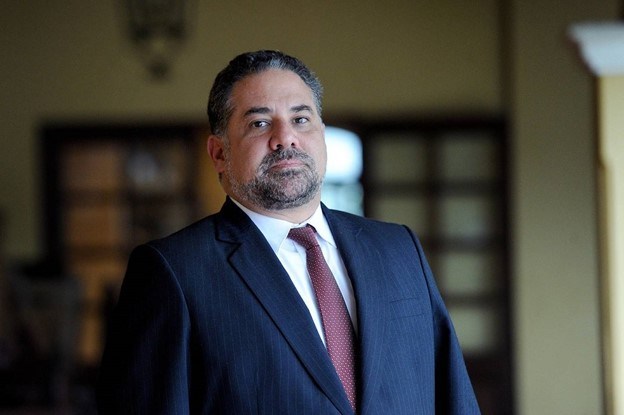
Eduardo Trejos: Imposing limits on credits to Nicaragua and El Salvador is the “right decision”, but at CABEI “we need more actions than words”
Por Carlos F. Chamorro (Confidencial)
HAVANA TIMES – The new executive president of the Central American Bank for Economic Integration (CABEI), Gisela Sánchez, told Redacción Regional [a network of journalists and media organizations] on March 7 that there are limits to the Bank’s ability to grant new loans to Nicaragua and El Salvador. The reason, she says, is that both countries “have already exceeded the limits of the credits they can receive.” Three days later, a “clarifying statement” from CABEI reaffirmed that the bank’s objective is to diversify its loan portfolio in Central America “and thus open more financing possibilities for all countries in the region.”
In an interview on the program Esta Semana, broadcast on March 10 on CONFIDENCIAL’s YouTube channel, we asked Eduardo Trejos, former CABEI-Costa Rica director, if this decision represents the end of the era of Dante Mossi, “the dictators’ banker” at CABEI. He responded that this was a “right decision” that had been under consideration for more than two years due to the concentration of the bank’s portfolio in both countries.
However, Trejos says, “We need to see more actions than words” at CABEI to reestablish transparency under a new governance system.
This week, CABEI Executive President Gisela Sanchez announced that CABEI will not grant new loans to Nicaragua and El Salvador because these two countries have already reached the bank’s exposure and portfolio concentration limits. How should this decision be interpreted?
It is the right decision. We had seen it coming for two and a half years, given that both El Salvador and Nicaragua had reached their limits. At that time, under Mossi’s management, they pulled some technical tricks so that those limits would not be directly reflected and the bank could continue granting credit.
But obviously, it’s not up to the president to limit these margins, there needs to be technical arguments that are backed by the Board of Directors.
Can it be said that with the implementation of this new decision, the Mossi era at CABEI is coming to an end?
I would hope so, but we need more actions than words. For example, what I read [from the new president] is that she wants to respond to media requests for information within 24 hours. That is unrealistic. When she says this and then I see that she also says that this will not be the case when files are requested, it’s clear that the consistency –or lack thereof– between the rhetoric and the institution’s affirmative actions [related to transparency] is what marks the difference.
Obviously, this cannot be done in three months and she has to show that these policies and the new form of governance she is promoting is not really some kind of selective transparency or only related to some programs.
What is the scope of the audit being carried out at CABEI? Is there really an effort to establish full transparency? There is talk about loan enforcement, but there are also complaints, some even from businessmen who say that they have been vetoed in specific bidding processes in Nicaragua in which the bank has favored companies allied with the Ortega regime.
Yes, I think it’s very important that the bank carry out an evaluation of its loan management over the last ten years. But the president doesn’t even have to go back th


